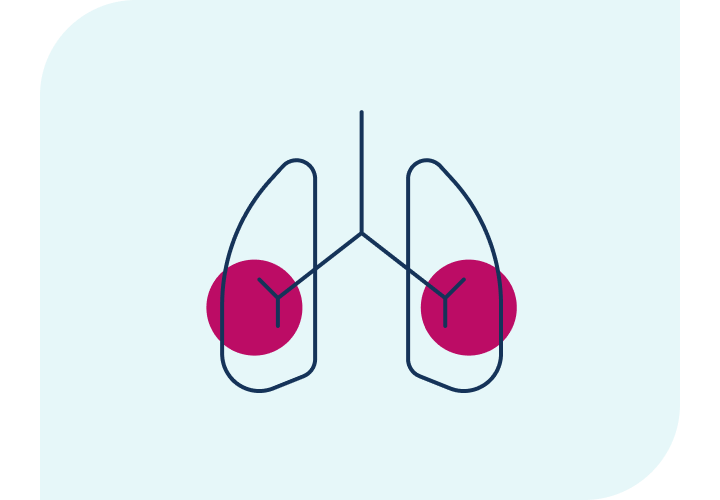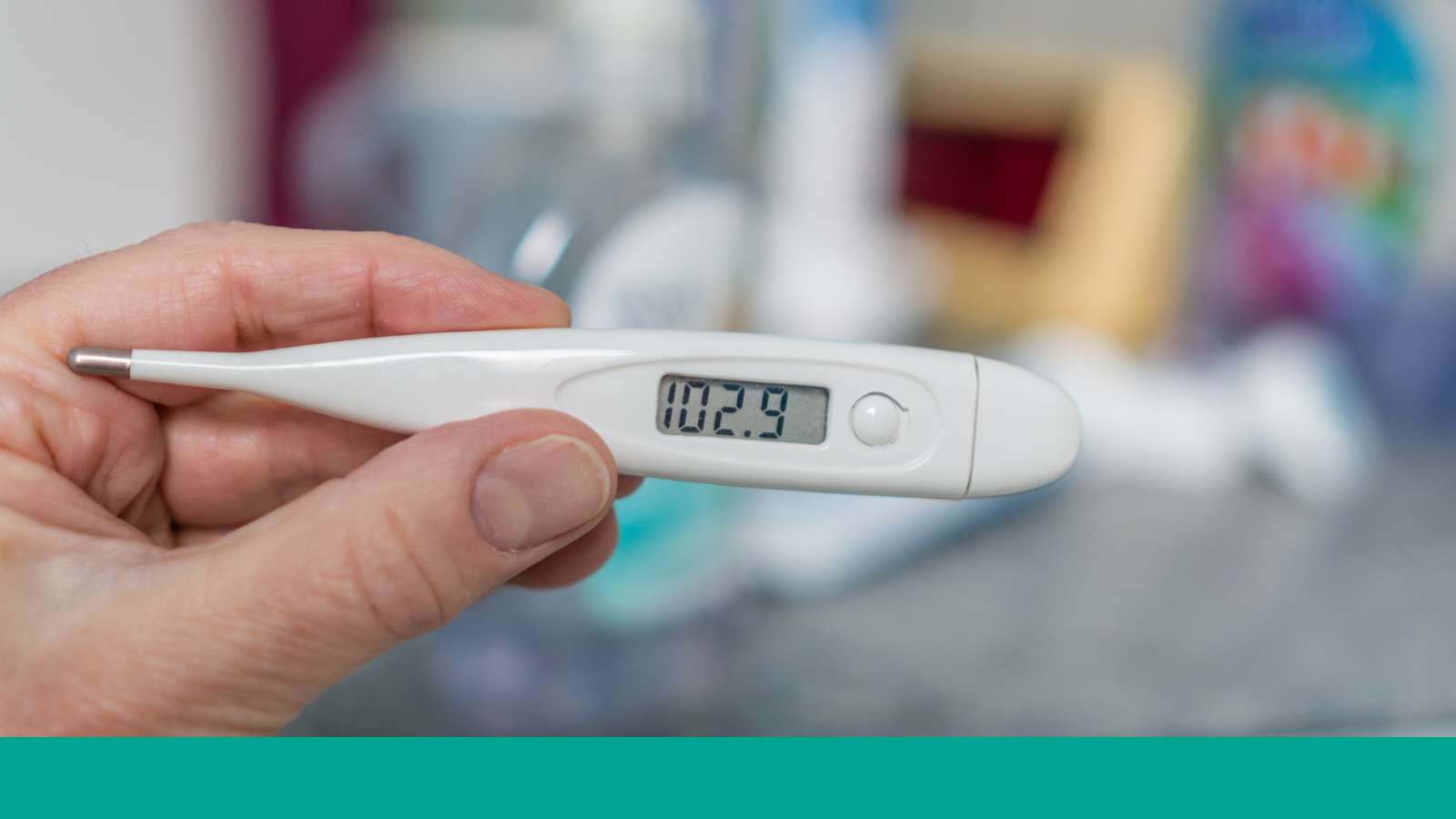Talking Points
What is RSV?
- Respiratory syncytial virus (RSV) is a common virus that infects the lungs and breathing passages like the nose, mouth, and throat. Most people infected with RSV will experience mild illness and recover within one to two weeks at home. However, infants, young children, older adults, and other certain groups are at higher risk for severe RSV disease.
- Symptoms of RSV may include a runny nose, a lower appetite, coughing, sneezing, fever, and wheezing.
- Infants who get RSV usually show symptoms, unlike adults, who can sometimes get RSV and not have any symptoms. In children under 6 months, symptoms of RSV may include irritability, breathing trouble, and decreased eating, drinking, and activity.
RSV Transmission
- RSV is spread when infected people cough, sneeze, or have direct contact with others. Less commonly, you can get RSV by touching a surface contaminated with the virus and then touching your mouth, nose, or eyes.
- Only a healthcare provider can administer a test to confirm an RSV infection. Contact a healthcare provider if you have questions about RSV infection, vaccination, or testing.
RSV Vaccination and Prevention
- Vaccination: There are three single-dose RSV vaccines available for older adults ages 75 and older, and ages 60–74 at increased risk of severe RSV disease. For pregnant people who are 32 to 36 weeks pregnant between September and January, there is one RSV vaccine available to protect babies from severe RSV.
- Other Forms of Prevention: In addition to vaccination for high-risk groups, washing your hands, covering your coughs and sneezes, sanitizing surfaces, and avoiding direct contact with others when sick can offer additional protection against RSV.
RSV Treatment
- Most people recover in one to two weeks and can treat symptoms at home with rest, hydration, and over-the-counter medications for pain and fever as needed.
- Contact a healthcare provider if you or your child is having difficulty breathing, not drinking enough fluids, or symptoms are worsening.



